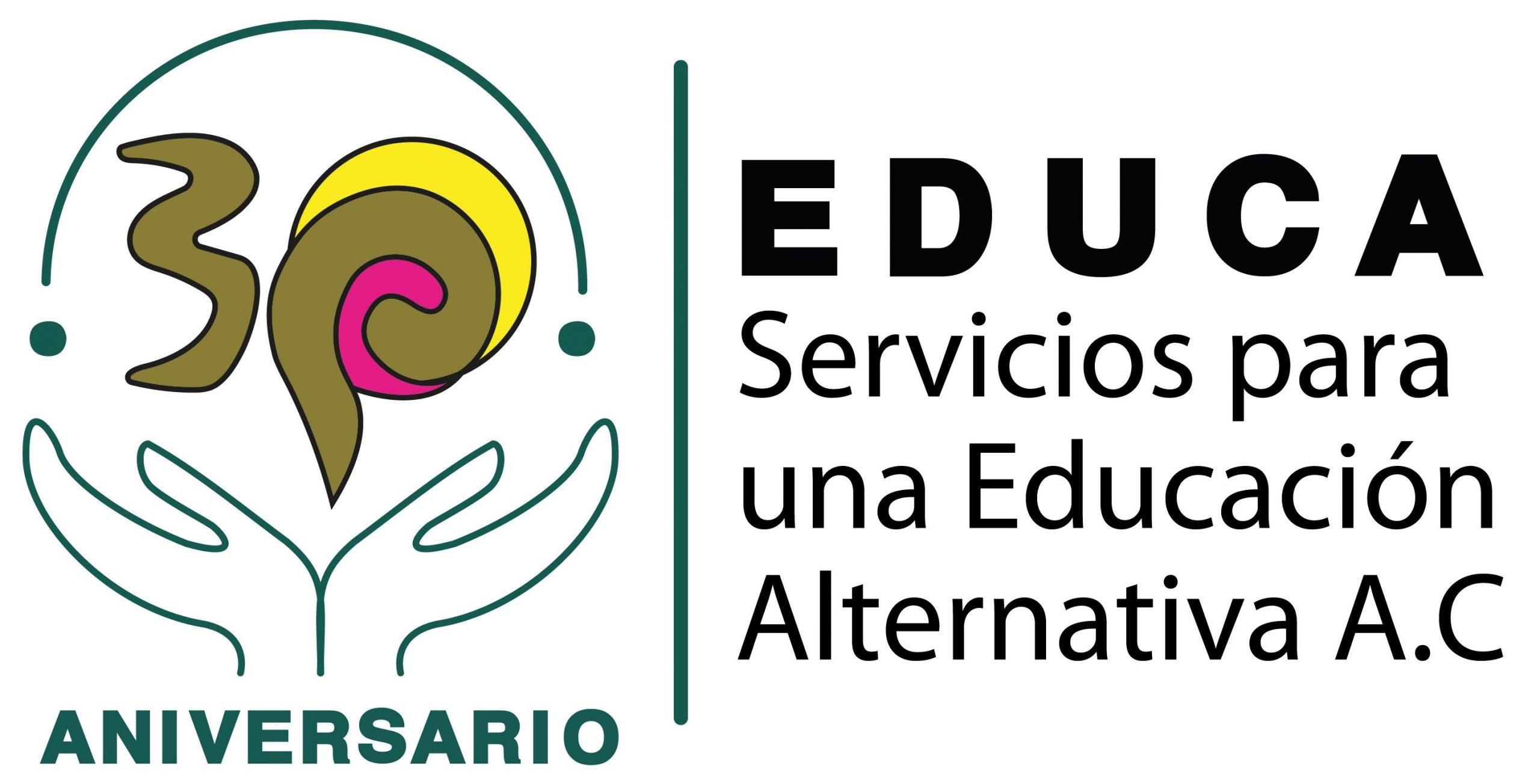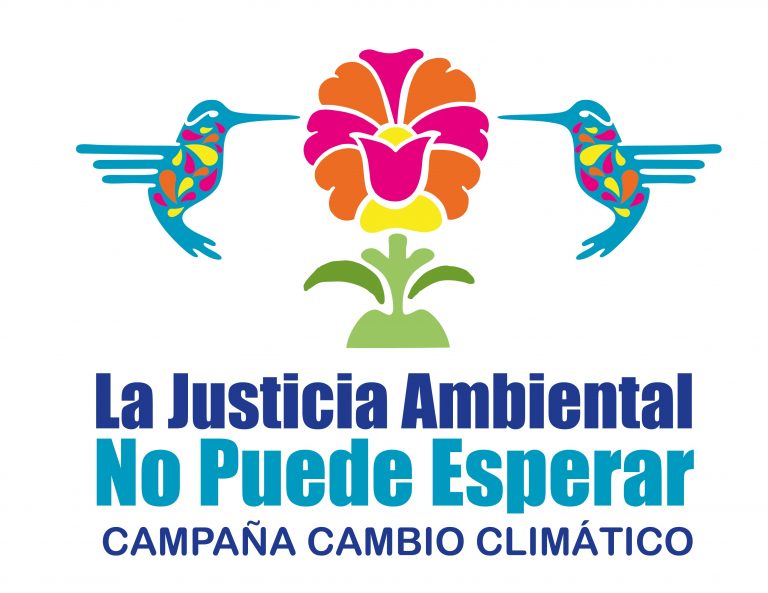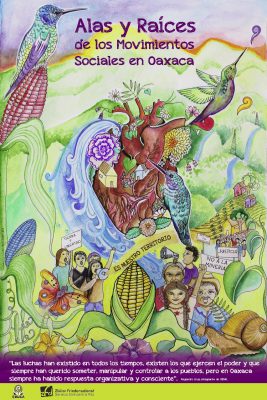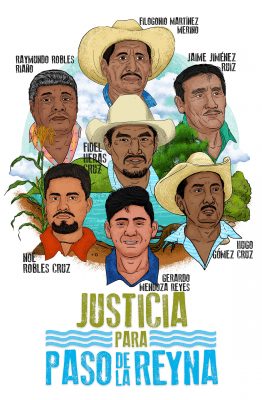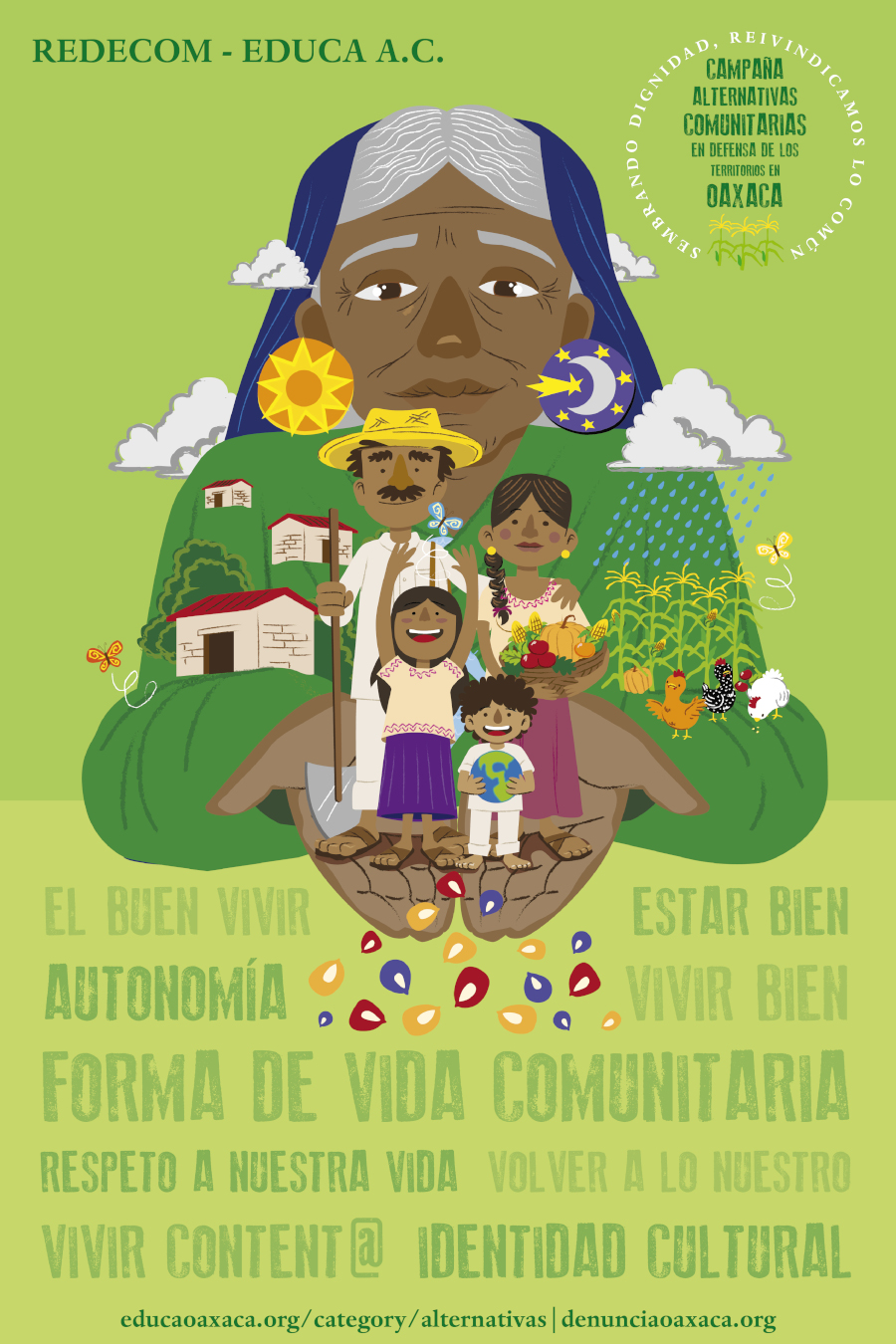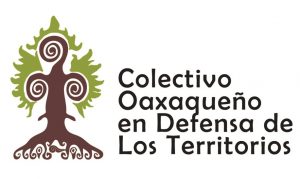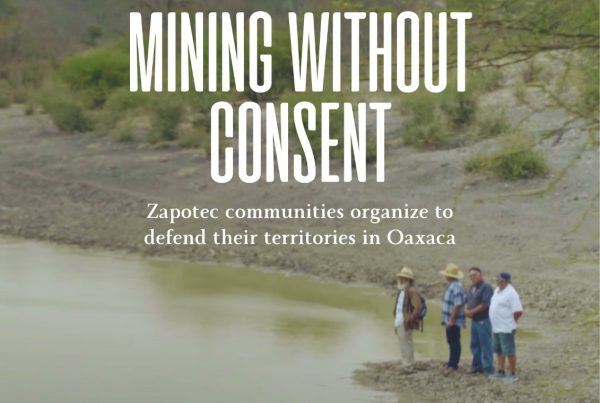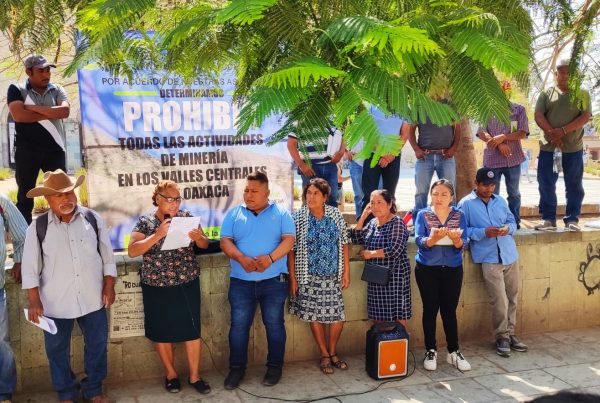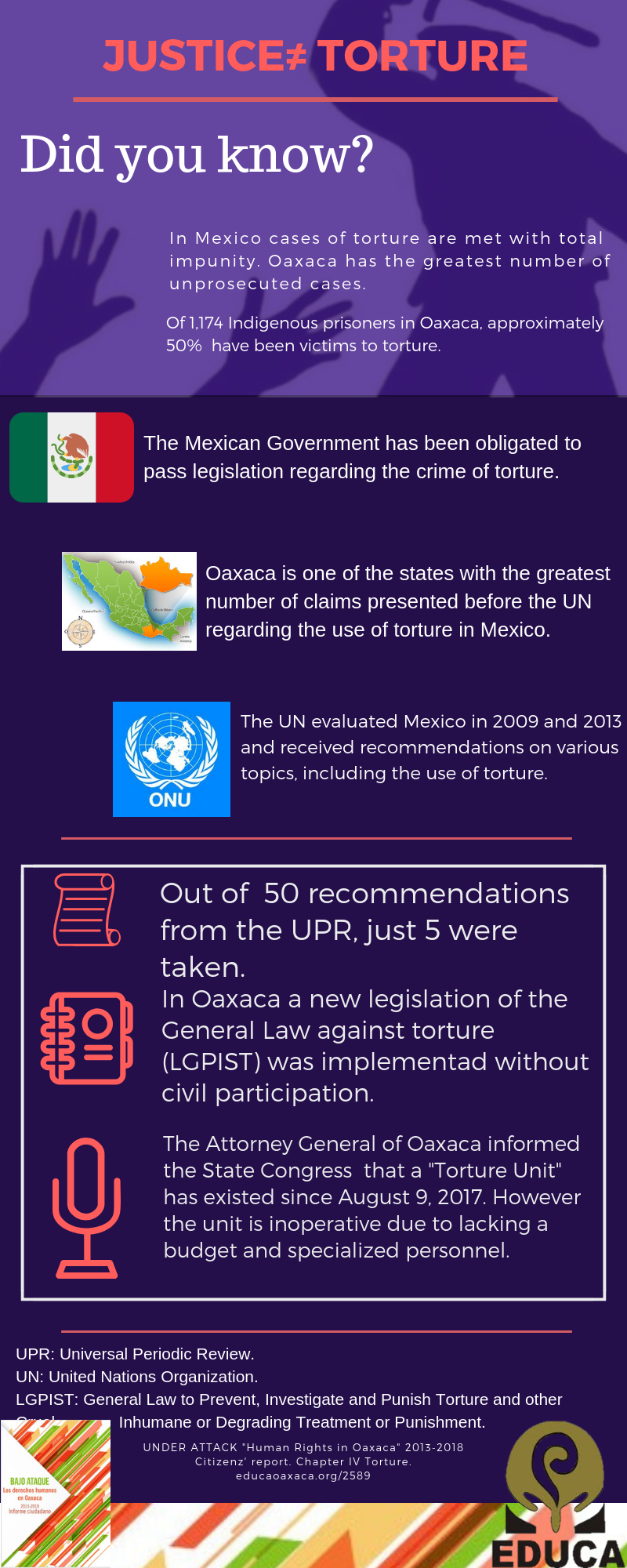 As the United Nations prepares to review Mexico’s human rights record in November, civil society organizations in Oaxaca publish their own evaluation, from one of the states with the highest number of violations in the country. In the following series Educa, a contributor to the report, summarizes its main findings:
As the United Nations prepares to review Mexico’s human rights record in November, civil society organizations in Oaxaca publish their own evaluation, from one of the states with the highest number of violations in the country. In the following series Educa, a contributor to the report, summarizes its main findings:
From 2015 – 2017, 137 complaints of torture have been registered by the ombudsman for Human Rights of the people of Oaxaca. Although in most countries this and other forms of cruel and inhumane treatment are strictly forbidden and considered serious human rights violations, in Mexico state agents put them into practice daily, normalizing their use.
Moreover, this official data fails to account for cases of torture in prisons and other carceral institutions. According to civil society organizations such as Asilegal, Oaxaca’s Indigenous population is the most vulnerable to torture, with approximately 50% of Indigenous prisoners being victims of torture.
In 2013, the United Nation’s Universal Periodic Review (UPR) of human rights in Mexico submitted 10 recommendations addressing the use of torture as an investigative tool by official state institutions. This along with the denunciations of civil society groups have led the Mexican State to implement a “General Law to Prevent, Investigate and Punish Torture and Other Cruel, Inhuman or Degrading Treatment or Punishment” (LGPIST) on June 26, 2017.
One limited success of the Law are the few sentences for torture it has achieved so far on a national level, although the sentences have been minimal and none of them was in Oaxaca.
Yet despite this small achievement, the General Law against Torture leaves too much open to interpretation. The law is confusing as it legitimates the use of force during investigations, which opens a window to justifying torture. This is irreconcilable with the goal of acquiring valuable information and evidence since evidence obtained under torture is inadmissible. Moreover, the law perpetuates impunity, since the same authorities accused of torture are supposed to investigate their own crimes, both on the federal and the national level.
Plans for establishing a National Mechanism for the Prevention of Torture are in process though the state of Oaxaca is not interested in observing the agreements that will contribute to its implementation.
Download: Under attack. Human Rights in Oaxaca 2013-2018. Citizen report (PDF, 32 pp.)
Infographic: Oaxaca Citizens’ Report
![]()
